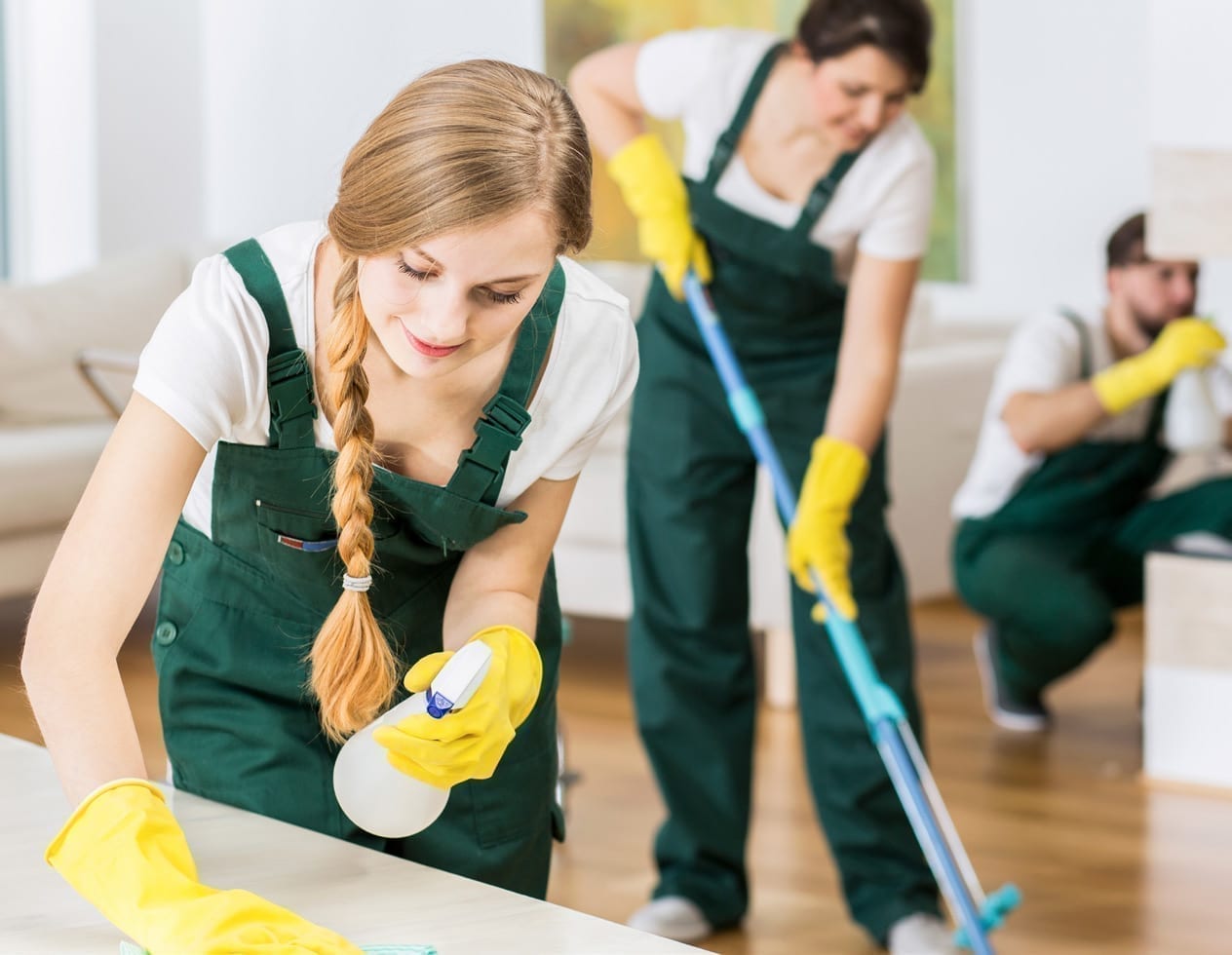Not long ago, there was a time when housekeepers were thought of as people who showed up, did their jobs, and went home. Not much thought was put into the training they received or how they performed. Employers expected them to know what to do on their first day of work. They gave them an assignment, told them where to go, and sent them out the door.
In today’s business and hospitality environment, this is no longer good enough. I think the podcast Sarah and T said it best in episode four of season one when they said housekeepers and maintenance technicians are the face of a company. I completely agree.
Think about it for a moment: For most guests, the only face-to-face interaction they have with your company will be with your back-of-house staff, whether it be for a clogged toilet, a remote control needing new batteries, dropping off extra towels, or a mid-stay service. The memories of your company that guests will hold onto rest in the hands and attitude of the maintenance technicians and housekeepers who show up at the property. Does this thought make you giddy with glee or strike fear in your heart? If it is the latter, here are some steps you can take:
1) During the hiring process, talk about the customer service levels that are expected. Include several interview questions about their customer service philosophy and how they have handled guests who were unhappy or complained about everything. This will allow you to find those who already have a mindset geared to quality service.
2) As part of your onboarding experience, provide a document that outlines the expectations of how they, as company representatives, are to interact with guests, owners’ guests, and owners, and even competitors’ guests. This document should address items such as how to stand, how to shake hands, what to say when they see someone, and how to answer the phone.
3) Customer service principles and standards are an integral part of employee training. The training time is a chance for the trainers to reinforce knowledge and for employees to practice company standards.
4) Weekly retraining is a necessity to help keep the company standards top of mind. These weekly reminders do not need to take long; five minutes is enough to remind everyone of the training they have received.
5) When the staff arrives at the property, do they look professional? Do they have clean and tidy uniforms? Are the tools they are carrying organized and displayed in an orderly fashion? The answer to all these questions must be yes. You are a professional property manager, and you hire professionals to do their work assignments.
6) Does the staff have professional tools? It is one thing for a housekeeper to have a toothbrush to clean a tough-to-reach spot on a bathroom faucet; it is another to expect the housekeeper to use the same tool to clean a sliding glass door track. The tools the staff uses must reflect the professionalism that you expect them to provide.
You are hiring professionals to work with you. Taking the time to plan and prepare for the professionals to provide the best guest service and work will provide dividends and have a positive impact on your business that will be reflected in your guest comment cards, owner comments, and ultimately, your bottom line.



Comments are closed.